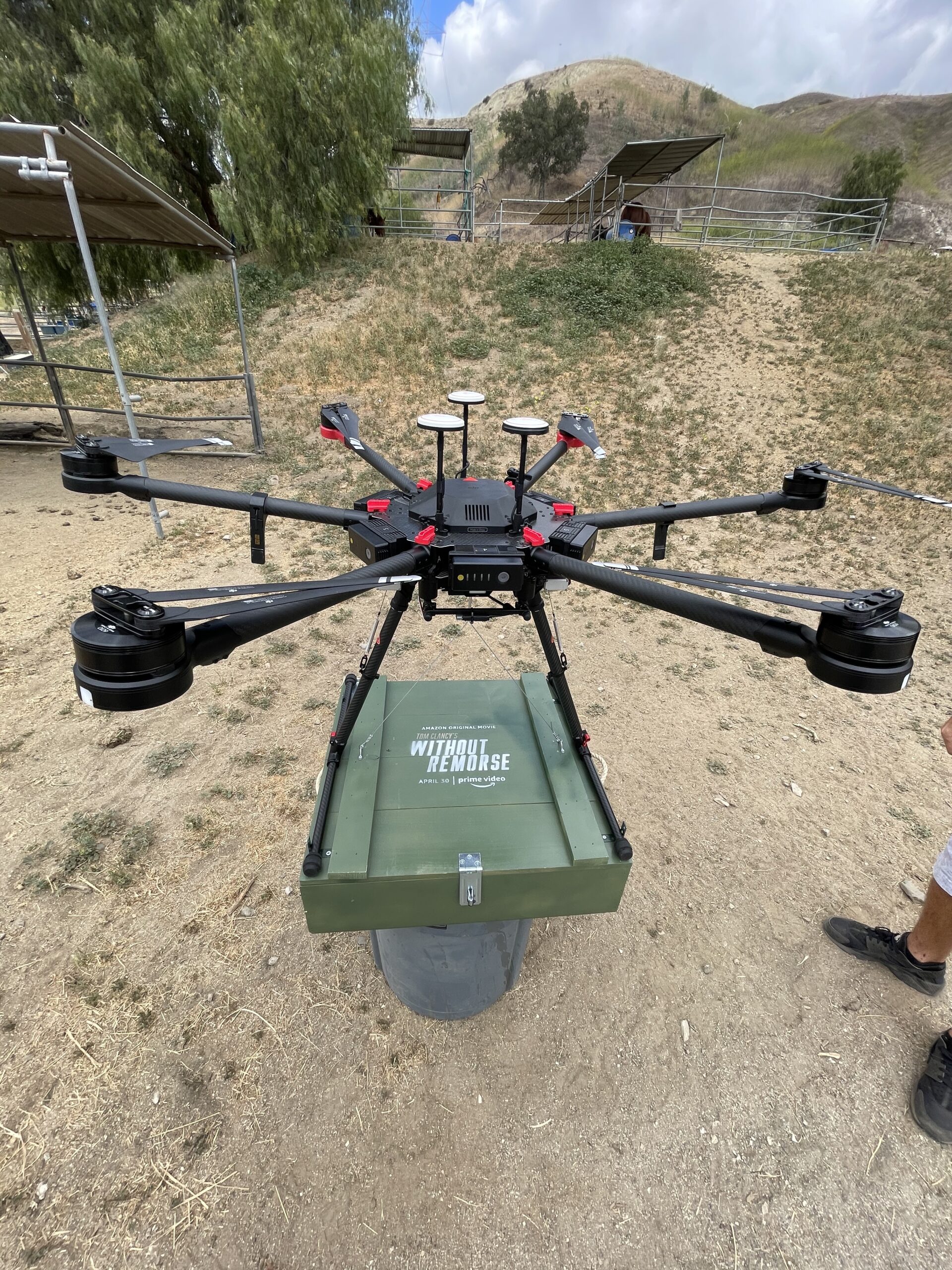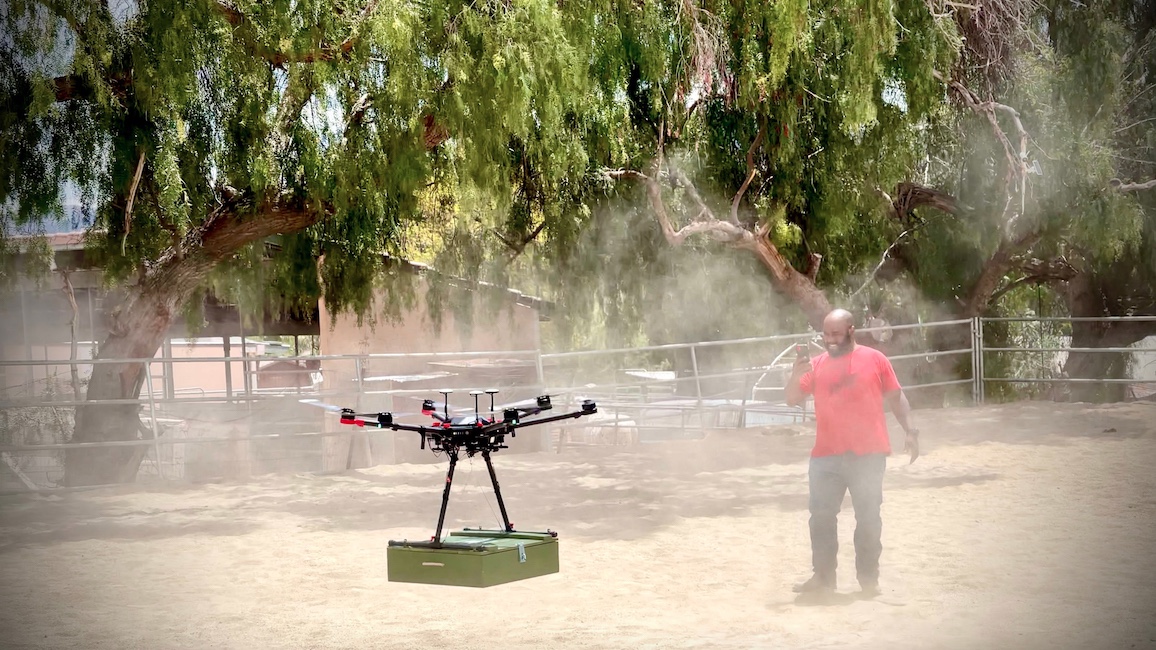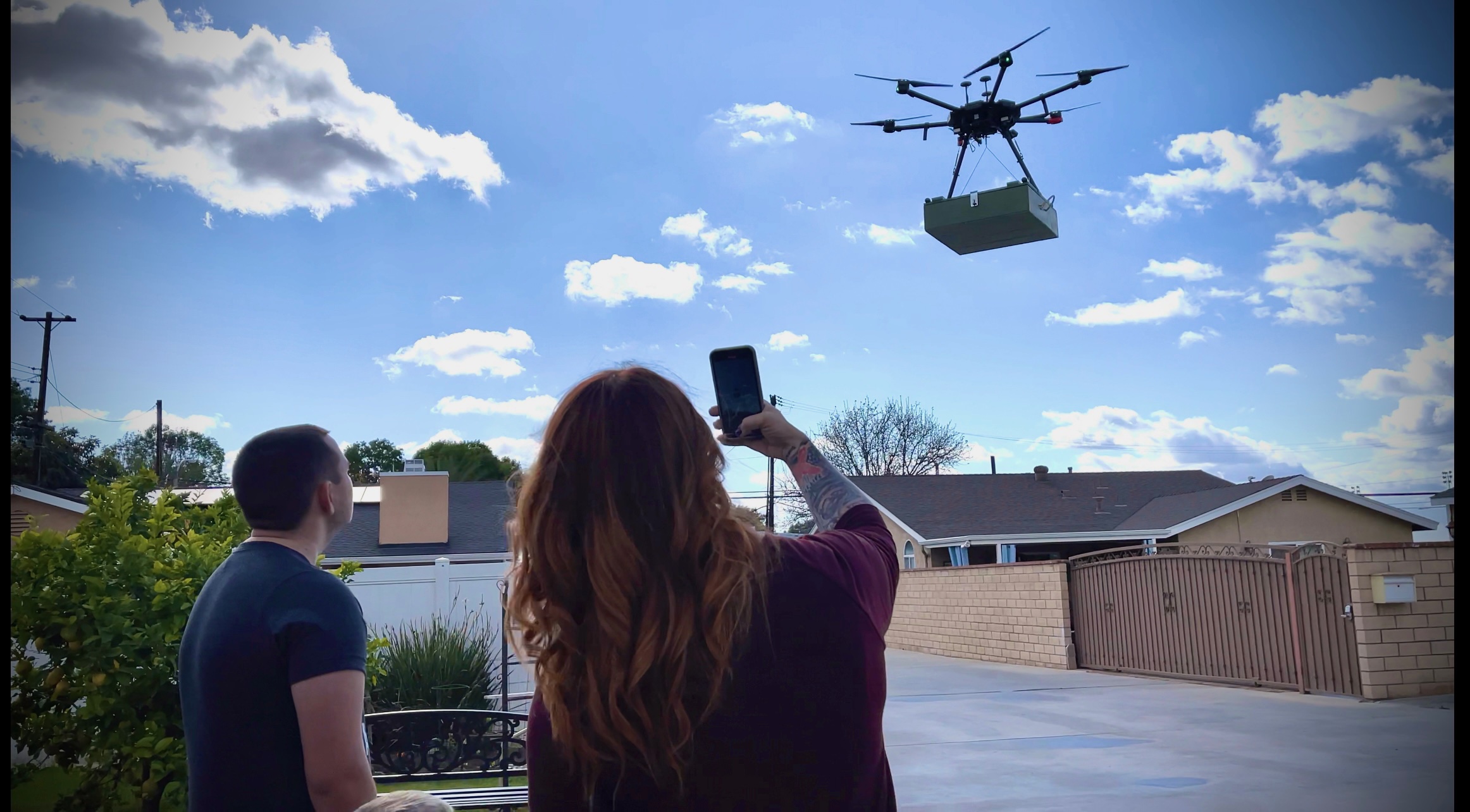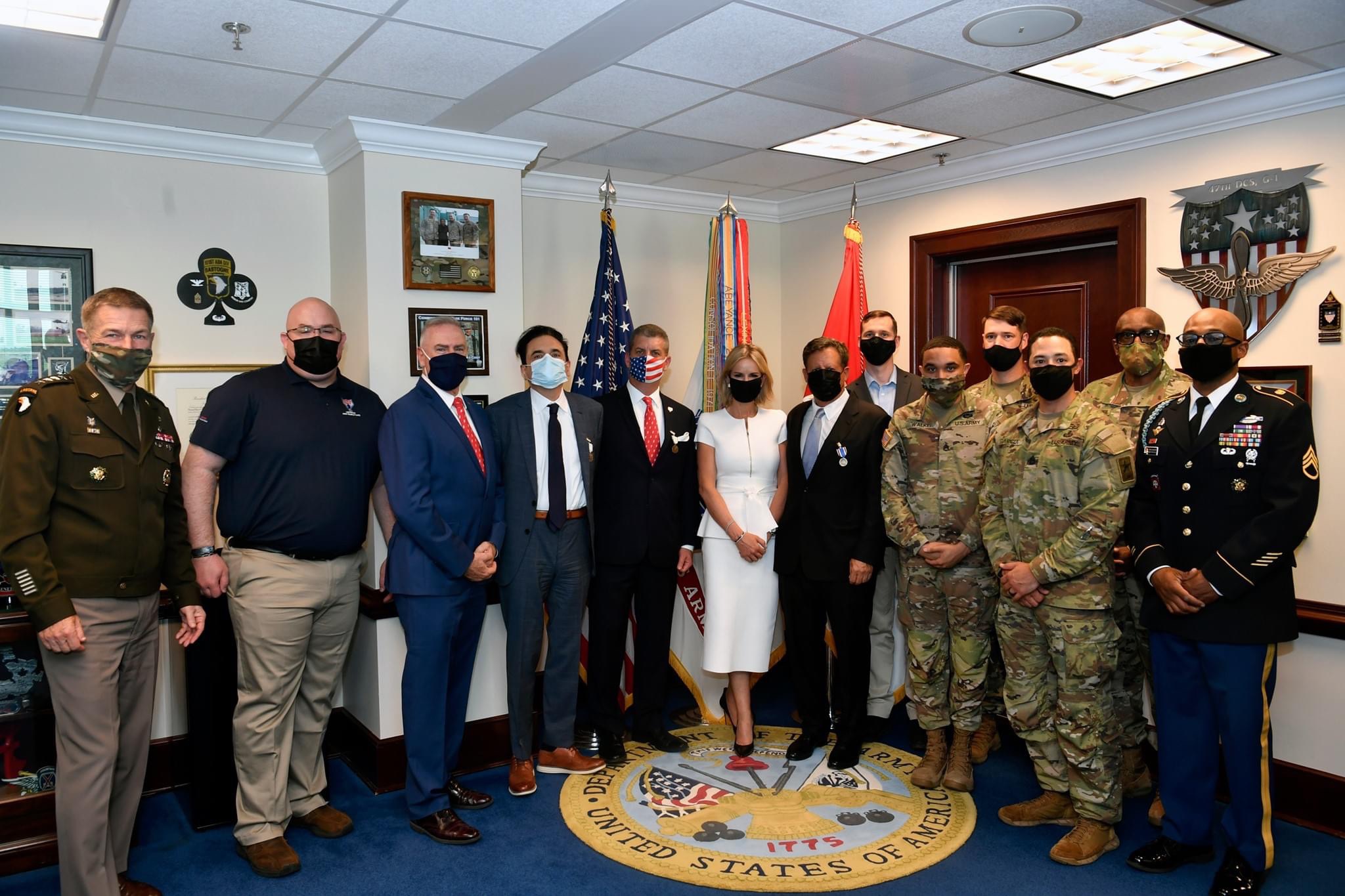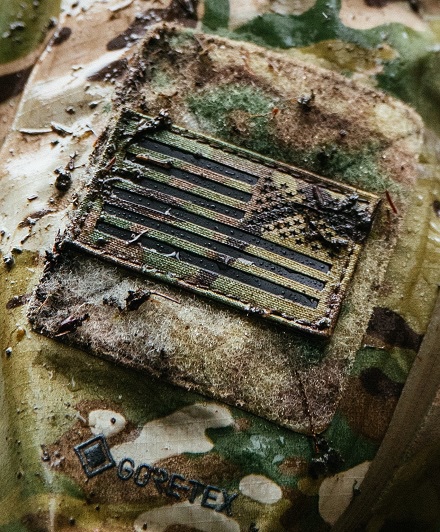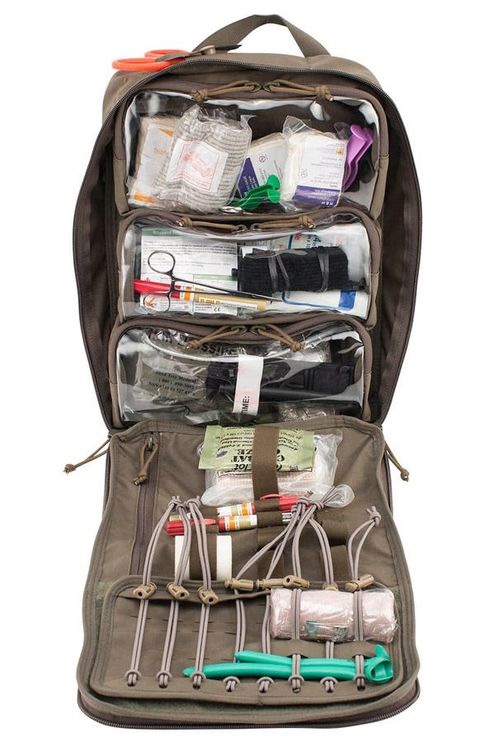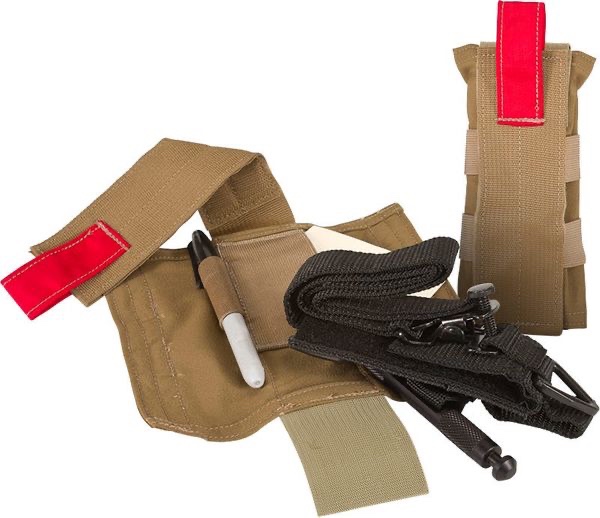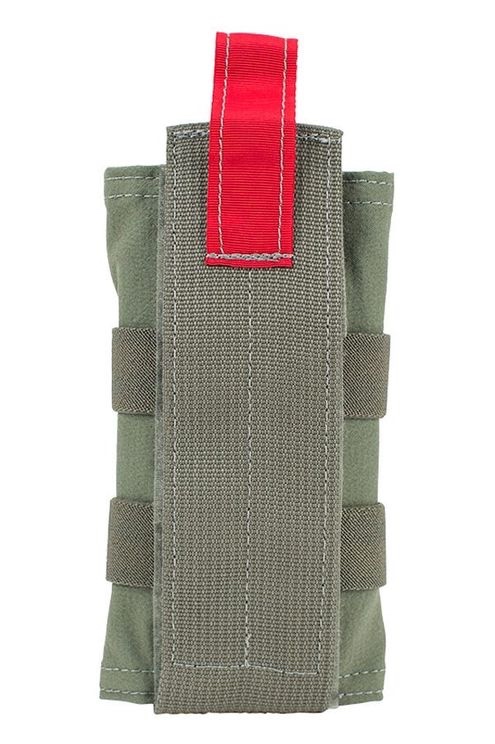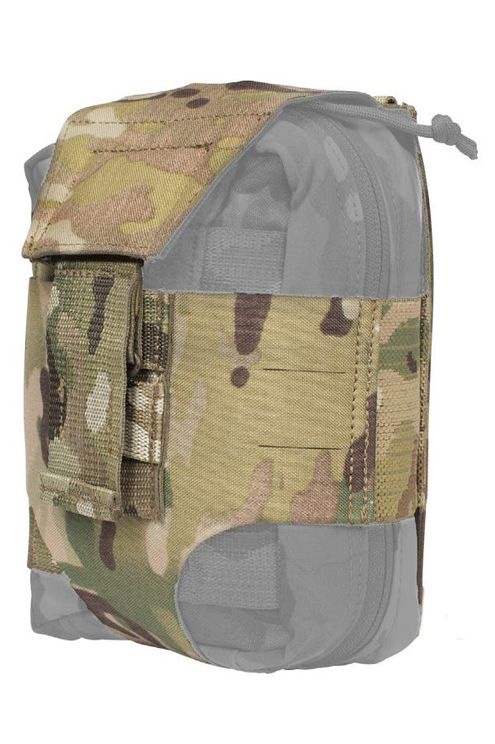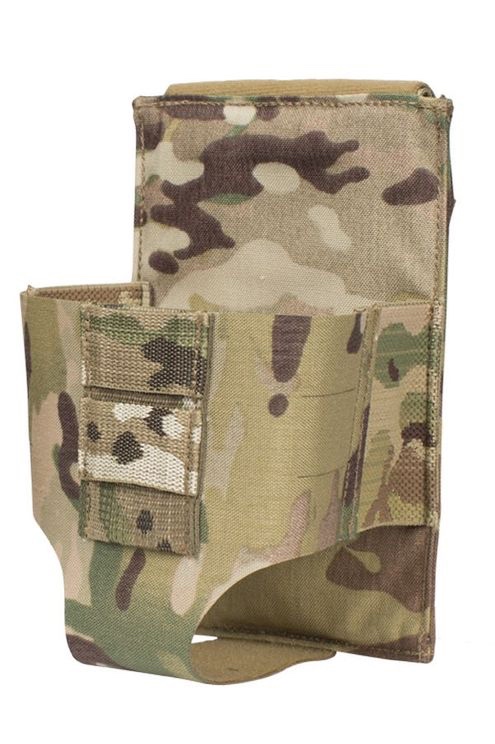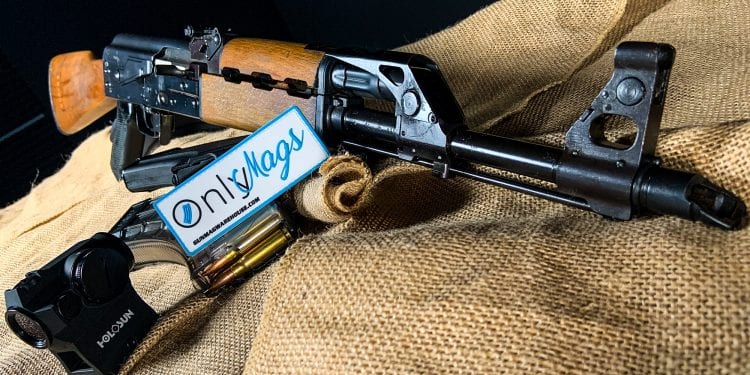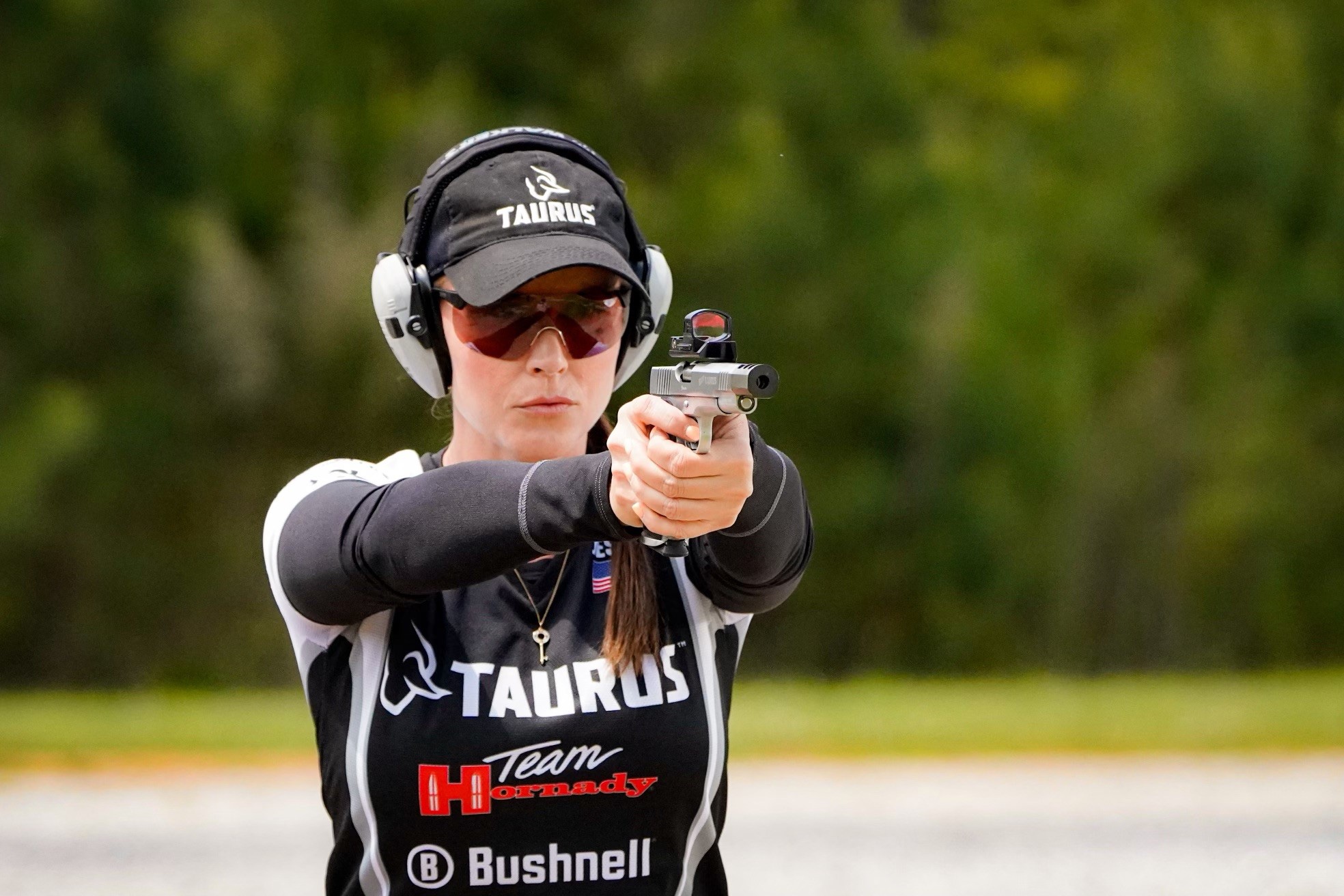
OVERLAND PARK, Kan. – April 28, 2021 – Bushnell, an industry leader in performance optics, and Hoppe’s, the No. 1 name in gun care products, congratulate pro shooter Jessie Harrison on her first-place finish at the 2021 World Speed Shooting Championships. Harrison was successful in claiming the High Lady Overall title and first place in the Lady Open Division.
Throughout the championship, Harrison utilized her Bushnell First Strike 2.0 reflex sight to deliver an overall time of 93.03 seconds. With this, her 13th World Speed Shooting Championship title, Harrison adds to one of the most impressive track records of any female shooter.
“Competing in the World Speed Shooting Championships never gets old and neither does shooting with the Bushnell FS2,” said Harrison. “Throughout the match I never had to worry about getting a clear view through the lens and the dot is always nice and crisp, allowing you to make that precise shot. Visual speed is one of the most important factors and the Bushnell First Strike 2.0 gives me that and more.”
Sponsored by the Steel Challenge Shooting Association and the United States Practical Shooting Association (USPSA), the World Speed Shooting Championship is considered one of the most competitive and prestigious handgun competitions in the world. Throughout the match, Harrison noted that Hoppe’s Black cleaning spray, Hoppe’s Elite gun oil and Hoppe’s Lead-B-Gone wipes were also part of her cleaning arsenal on one of the shooting sports biggest stages.
In addition to her division wins, Harrison also set two new Ladies stage records in the Single Stack Division. On the ‘5 to Go’ stage, Harrison sent a record time of 12.52 seconds, and on ‘Outer Limits’, she recorded a stage best 16.27 seconds. Harrison was the current record holder on both stages of fire entering the 2021 championship.
Harrison has a long track record of success in competitive shooting. She was the first female shooter to achieve Grand Master status with the USPSA and boasts a long list of accolades across five shooting disciplines, including multiple World and National Champion shooting titles.
To learn more about Harrison and why she trusts Bushnell and Hoppe’s products to help her performance at her best visit Bushnell.com and Hoppes.com.


